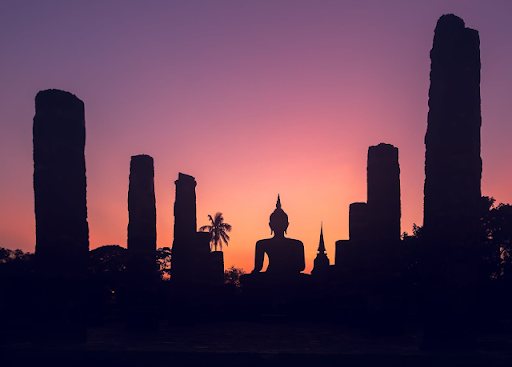Mahayana Buddhist New Year 2023...
Mahayana New Year is celebrated this year on January 7 by Buddhists around the world. The term Mahayana encompasses Buddhist ideologies and philosophies. Mahayana is one of the two main branches of Buddhism and is mostly practiced in Northeast Asia — China, Japan, Tibet, Taiwan, Mongolia, and Korea. Each region has its own customs and traditions for practicing Mahayana Buddhism.
HISTORY OF MAHAYANA NEW YEAR
In English, Mahayana means ‘Great Vehicle.’ This can be interpreted in different ways by devout followers of Buddhism. The Mahayana branch of the religion is practiced around the world.
The belief of Mahayana Buddhists is that enlightenment or eternal Nirvana can be achieved during the course of an individual’s life. This state of enlightenment is not only attainable by monks, but by regular Buddhist practitioners too. The ultimate goal is for everyone to make use of the opportunity of enlightenment.
The Mahayana New Year dates differ for each country based on their customs and traditions. While some Mahayana Buddhists observe the celebration on January 1 alongside the Gregorian New Year, others wait for the full moon of January. The celebration is marked with extensive prayer and honoring the Buddhism gods. Statues of the gods are also shown respect by bathing them. Temples are visited on the Buddhist New Year, and songs of spirituality are sung to the deities. Candles are also lit as a symbol of happiness and luck for the new year.
The Buddhist New Year is also a time for internalizing and self-reflection. Lessons from past mistakes are learned, and the goal is to become a better version of yourself. Good luck is also enhanced by cleaning and decorating homes and by buying gifts for others. The celebration is not a dull one, with grand feasts hosted and fireworks at midnight.


Comments
Post a Comment
RN USA no longer accepts comments. The information presented is for reflection, contemplation, and for those seeking greater understanding and wisdom. It is for seekers and those with an open mind and heart.
Namaste